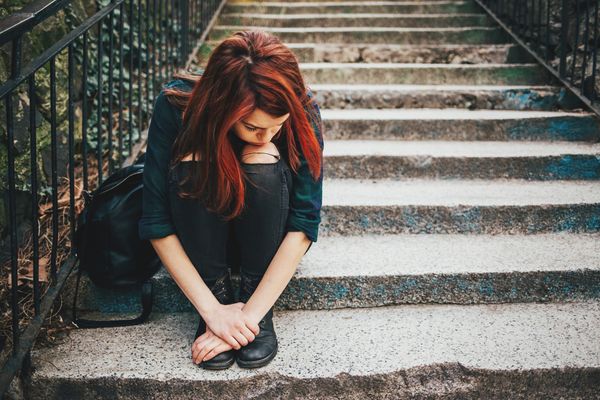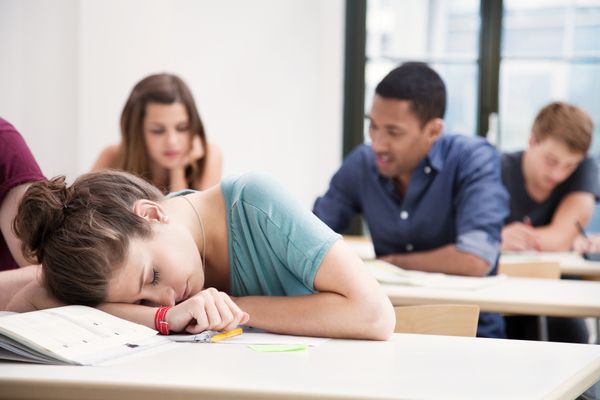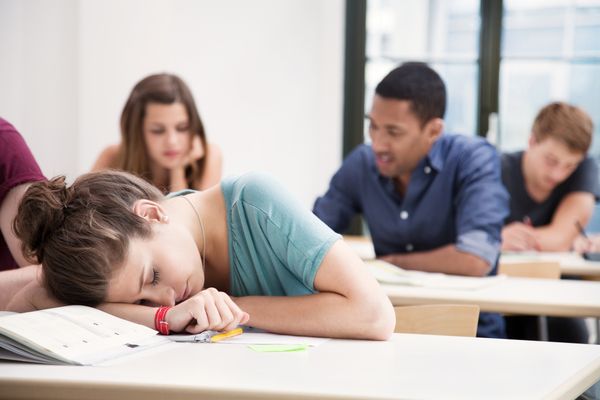by Clare E. Close, MD, FAAP
SWHR Interdisciplinary Network on Urological Health in Women Member
It's early morning and your teenage daughter runs out the door to school. Much will happen today that you may or may not hear about when you see her again tonight. It's unlikely that you will hear anything about the school restrooms, yet during her day at school, your daughter is developing habits that can affect her bladder for her lifetime.
Three hours into the school day your daughter needs to urinate but doesn't ask to leave her class because she can't afford to miss information that will be on this week's exam. Also, this teacher gives extra credit to students who don't ask for bathroom breaks. A minute later her urge to urinate is gone.
On her way to lunch, she walks by the restroom, but is too busy texting her friend and doesn't stop. She eats her lunch and heads to her next class. Suddenly she feels her bladder again. She heads to the bathroom but turns around because the floor looks dirty. Sitting down in class she crosses her legs and does not feel her bladder so much, which is good because her teacher does not allow bathroom breaks right after lunch.
Eight hours after leaving home, classes are over, and your daughter's bladder feels so full it hurts. She heads to the bathroom but the door is now locked to prevent afterschool vandalism. Arriving home, she rushes into her bathroom but leaks on the way.
Scenarios like this may seem hyperbolic, but they are happening to teenagers every day. Because bladder health is rarely taught in middle or high school health studies, your daughter most likely has no idea that she should be taking better care of her bladder.
Unless she has an obvious bladder problem such as infection, you also will probably never think about discussing your daughter's bladder health.
We know children commonly hold their urine and stool in elementary school causing incontinence, bedwetting and infection. In middle school and high school, there are many more social, time and academic pressures that keep adolescents from going to the bathroom. Over time, if your daughter holds her urine all day, her bladder can become abnormal with a thick wall that can make her feel a sudden urge to go as well as make her leak urine. These problems can continue into your daughter's adulthood.
To grow a healthy bladder your teenager should urinate every two to three hours and take time to relax and empty her bladder completely. Healthy eating and drinking plenty of water will help her have normal bowel movements, which are also important for a healthy bladder.
Talking to your daughter about her bathroom habits may seem uncomfortable because of her desire for independence and privacy, but it is important to connect with her about issues of bathroom access, cleanliness and safety. The school nurse may be the best person to reach out to if your daughter tells you about such problems. Your daughter's lifelong bladder health may depend on it.
The Society for Women's Health Research launched its Interdisciplinary Network on Urological Health in Women in 2015 to promote bladder and urinary tract health across a woman's lifespan. To learn more about the network or about urological health, visit swhr.org.
References
- Fitzgerald MP, Thom DH, Wassel-Fyr C, et al: Childhood urinary symptoms predict adult overactive bladder symptoms. J Urol. 2006;175:989.
- Sureshkumar P, Craig, JC, Roy LP, et al. Daytime urinary incontinence in primary school children: a population-based survey. J Pediatr. 2000;137:814.
- Bauer RM, Huebner W. Gender differences in bladder control: from babies to elderly. World J Urol. 2013;31(5):1081-1085.
- Franco I. Pediatric overactive bladder syndrome pathophysiology and management. Paediatr Drugs. 2007;9:379.
- Burgers R, Liem O, Canon S, et al: Effect of rectal distention on lower urinary tract function in children. J Urol. 2010;184:1680.







